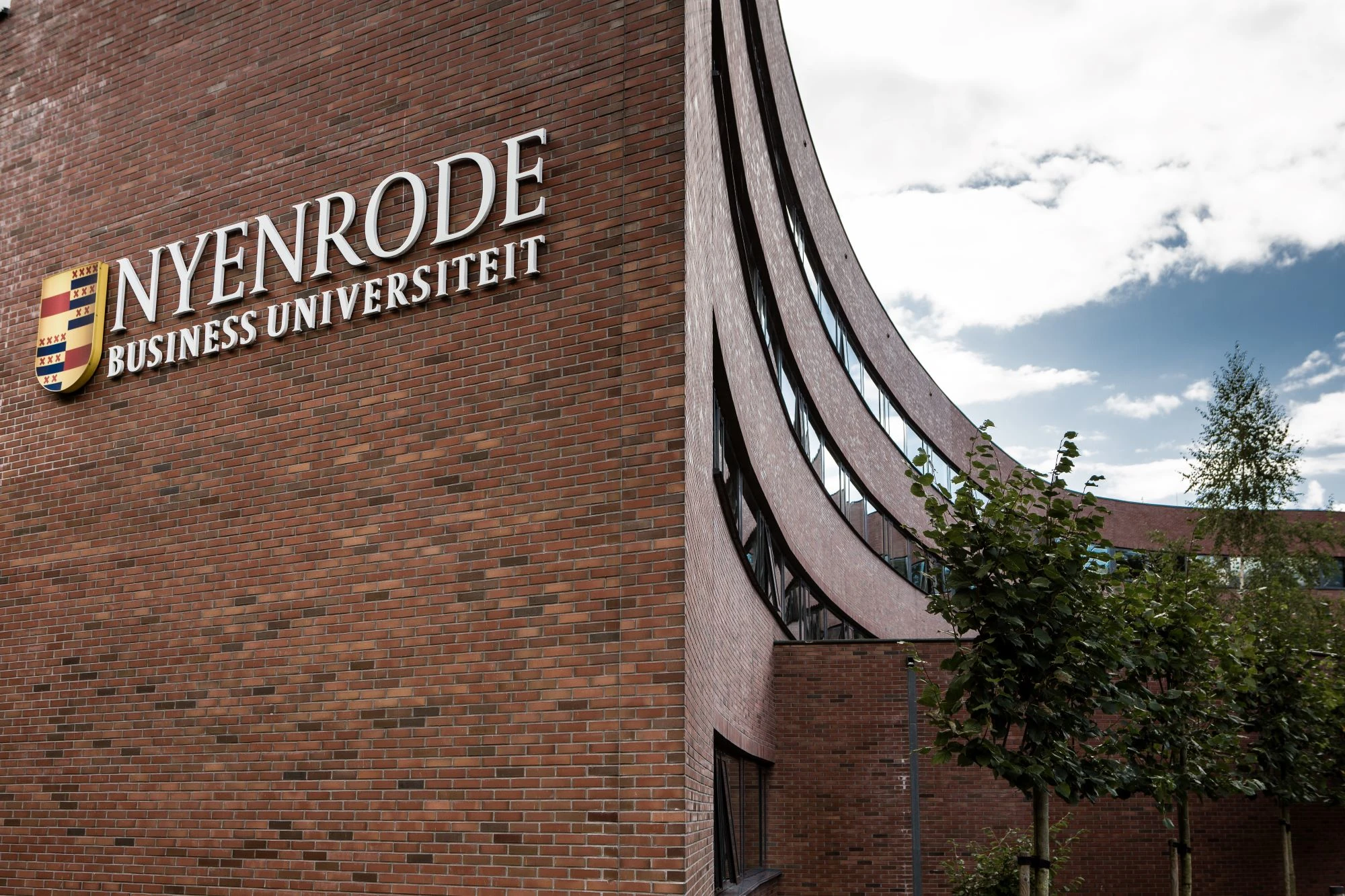In today’s highly dynamic business environment, small and medium-sized enterprises (SMEs) adopting Lean need to do more than merely reducing waste in their processes. To achieve sustainable competitiveness, they need to develop an in-depth understanding of what their customers truly value and to broaden their value creation focus from internal processes to their value network. This is one of the conclusions that Erdogan Gülyaz has reached in his dissertation titled “Extending Lean Framework Beyond Conventional Boundaries: Exploring Value Creation and Appropriation in SMEs and Services”, with which he got his doctoral promotion on Thursday July 13th at Nyenrode Business Universiteit.
Most companies fail to reap the expected rewards from their Lean efforts. One possible cause for this is the strong emphasis on improving internal processes in combination with a weak emphasis on market orientation.
Lean and SME Competitiveness
The research investigated how Lean can increase the competitiveness of SMEs, first theoretically and then empirically by conducting case study research of legal service and manufacturing SMEs. The analysis shows that Lean can indeed address SMEs’ main challenges including low profitability, poor cash flow, increasing price and quick delivery pressure from their customers. However, those weaknesses combined with typical managerial practices observed in SMEs such as limited strategy development, short-termism, informal approach to operations management, might lead to a shortsighted behavior and prevent SMEs to adopt Lean more strategically.
Erdogan Gülyaz: “Manufacturing SMEs that adopted Lean usually focuses on productivity gains. Such an inward orientation can bring only limited success and it can hardly be the basis of a competitive advantage, especially in today’s rapidly changing environment. The findings from SME research motivated me to revisit the fundamental concepts in Lean, which has implications beyond SMEs - any organization adopting or considering to adopt Lean. Therefore, the main focus for the remaining part of this research has been on the concepts of ‘customer value’ and ‘value creation and appropriation’.”
Customer Value Matrix
Building on the existing customer value concepts in the marketing field and following Design Science approach, the study develops a management instrument, the so-called Customer Value Matrix. This matrix deepens the concept of ‘customer value’ in Lean from a prescriptive view-customer value as quality, cost and delivery towards a descriptive view-customer value as an individualistic, holistic and relativistic experience. Gülyaz: “The Customer Value Matrix can provide managers a more structured and holistic understanding of customer value and enable them to improve or create new value offerings.”
Value Exchange View
Erdogan Gülyaz concludes in his research that the extended Lean framework can channel Lean efforts, which generally hinge on internal processes, towards a more fruitful milieu: the value network. Broadening the value exchange view in Lean enables managers to see a broader range of value gaps to fill and value leakages to prevent. Gülyaz: “To achieve sustainable profit through Lean, firms need to focus on both increasing total net value in the value chain and taking deliberate actions to appropriate the created value. Achieving stakeholder synergy in Lean efforts by focusing on the interests of all the key stakeholders - customers, shareholders, employees, suppliers,- is essential to create a bigger value pie than the conventional approach suggests: focusing on only customers.”
The summary of the dissertation of Erdogan Gülyaz can be downloaded here.

